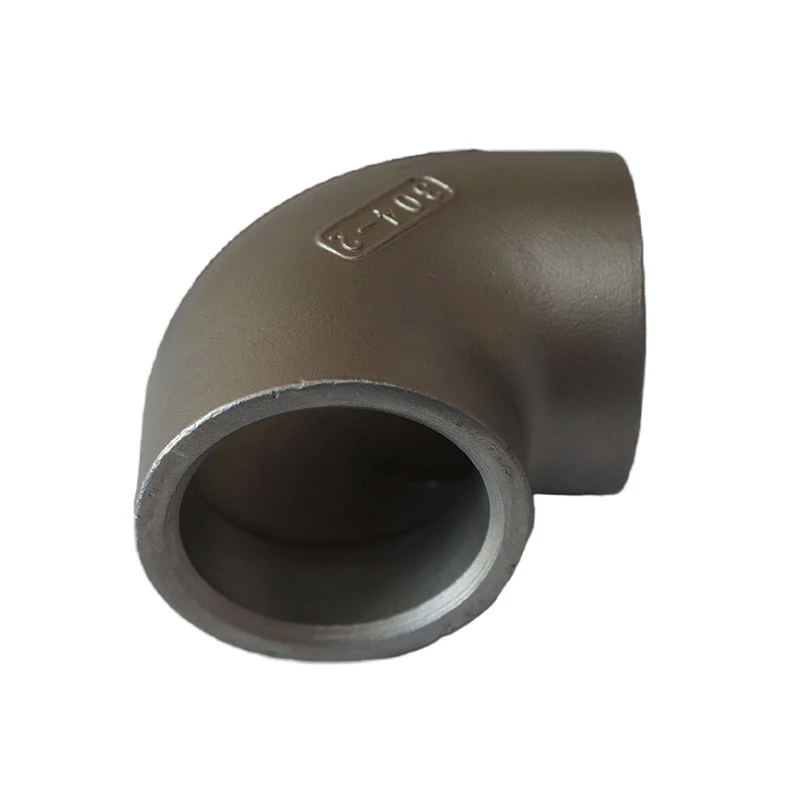precision stamping parts
Precision Stamping Parts An Essential Component of Modern Manufacturing
In the ever-evolving landscape of modern manufacturing, precision stamping parts play a pivotal role in various industries, including automotive, electronics, aerospace, and medical devices. These components are crafted through a sophisticated manufacturing process that emphasizes accuracy, efficiency, and reliability. As technology advances, the demand for precision stamping parts continues to rise, driven by the need for high-quality products that meet stringent industry standards.
Understanding Precision Stamping
Precision stamping is a metal forming process that involves the creation of precise metal parts through the use of stamping presses and dies. This technique allows manufacturers to produce intricate shapes and sizes while maintaining tight tolerances. The process begins with a roll or sheet of metal, which is fed into a stamping press. The press then applies substantial force to the metal, shaping it into the desired form based on the specifications of the die used.
One of the key advantages of precision stamping is its ability to produce large volumes of parts at a relatively low cost per unit. Once the initial setup is completed, the process can be repeated many times without significant variations in quality or performance. This makes precision stamping an ideal choice for industries with high production demands.
Applications of Precision Stamping Parts
Precision stamping parts are widely used across various sectors
1. Automotive Industry In the automotive sector, precision stamped components are integral to vehicle assembly. From brackets and clips to complex engine parts, manufacturers rely on precision stamping to ensure that every part fits correctly and functions reliably. The high-speed nature of stamping allows for the production of thousands of parts daily, ultimately contributing to efficiency in assembly lines.
precision stamping parts

2. Electronics The electronics industry requires precise components for devices such as smartphones, computers, and household appliances. Precision stamping parts are used to create connectors, housings, and other critical components that must meet high-performance standards. The small tolerances and intricate designs achievable through stamping are essential for the miniaturization of electronic devices.
3. Aerospace The aerospace industry demands the highest standards of quality and safety in every component. Precision stamping plays a crucial role in producing lightweight yet strong parts needed for aircraft and spacecraft. The use of advanced materials and technologies in stamping ensures that these parts can withstand extreme conditions while maintaining integrity.
4. Medical Devices In the medical field, precision stamped parts are used in a wide range of devices, including surgical instruments and diagnostic equipment. The reliability and precision of stamped components are vital in ensuring patient safety and the effective functioning of medical devices. Manufacturers must adhere to strict regulatory standards, making precision stamping an invaluable part of the production process.
The Future of Precision Stamping
As industries evolve, so too do the technologies and techniques used in precision stamping. Advances in automation, computer-aided design (CAD), and simulation software are enhancing the capabilities of stamping processes. These technologies enable manufacturers to optimize designs, reduce lead times, and improve overall efficiency.
Moreover, sustainable manufacturing practices are becoming increasingly important. Many manufacturers are adopting eco-friendly materials and processes in their stamping operations. This shift not only meets consumer demand for sustainable products but also helps companies comply with environmental regulations.
Conclusion
Precision stamping parts are vital to the manufacturing landscape, providing the precision and efficiency needed for modern products across various industries. As technology continues to advance, the capabilities and applications of precision stamping are likely to expand. By embracing innovation and sustainability, manufacturers can ensure that they remain competitive in an ever-changing market. Whether in automotive, electronics, aerospace, or medical applications, precision stamping remains a cornerstone of high-quality production that meets the needs of today and tomorrow.
-
Crawler Drilling Rig - Baoding Hairun|Confined Space Drilling&Mine SafetyNewsAug.15,2025
-
Drill For Confined Spaces-Crawler Mounted Drill Rig | Crawler Drill Rig for SaleNewsAug.15,2025
-
Premium OEM Auto Parts & Stamping - Reliable ManufacturersNewsAug.15,2025
-
Crawler Drilling Rig for Confined Spaces-Baoding Hairun MachineryNewsAug.15,2025
-
Drill For Confined Spaces - Baoding Hairun Machinery And Equipment Trading Co., Ltd.NewsAug.15,2025
-
Advanced Crawler Drilling Rig - Baoding Hairun Machinery | Underground Mining SolutionsNewsAug.14,2025















